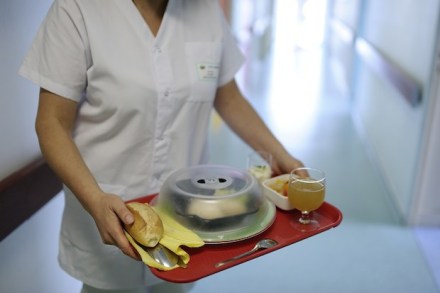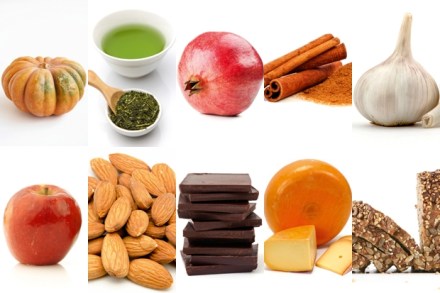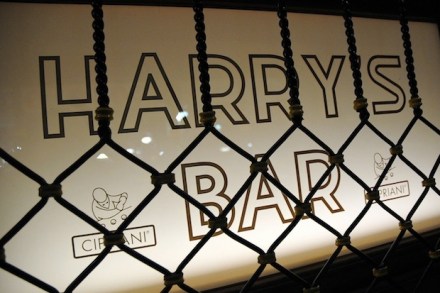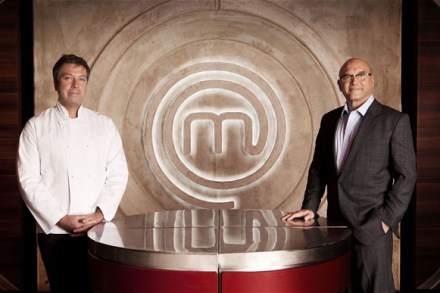Fischer’s is like visiting Vienna without having to go to Austria (thank God)
Fischer’s is Austria made safe for liberals, gays, Jews and other Untermenschen riffraff, because it is a restaurant, not a concentration camp, and because it is in Marylebone High Street, not Linz. It is the new restaurant from Chris Corbin and Jeremy King, who opened the Wolseley, the Delaunay and Brasserie Zédel, and it is more profound and lovely than any of them. There is always a clock in a Corbin and King restaurant, a big old clock from some fairytale train station, poised over the clientele as they stuff and age; for remembrance of mortality, I guess. Or maybe they just like big clocks? In any case, the guests

















